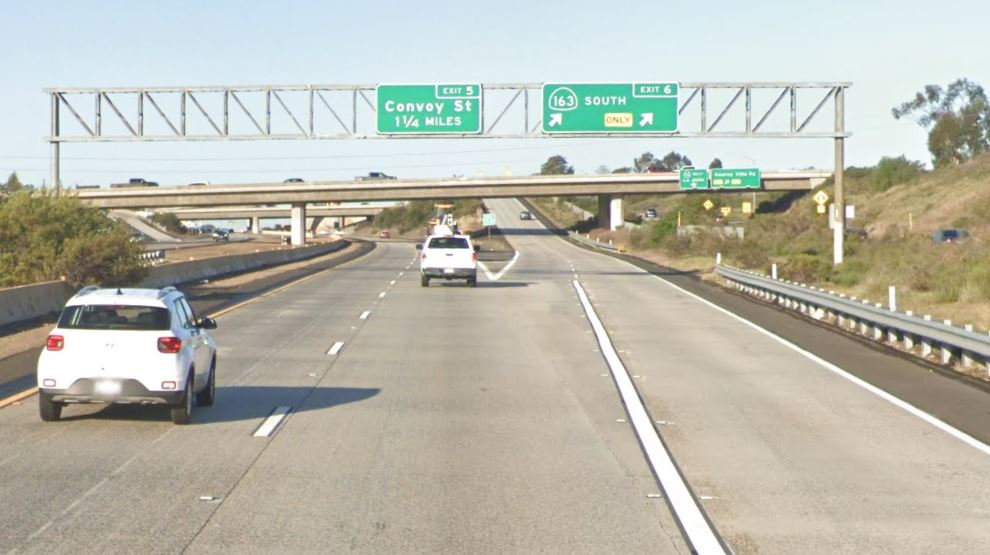The San Diego City Council on Tuesday passed an ordinance prohibiting algorithm-driven software from being used to set rental housing prices.
Councilman Sean Elo-Rivera introduced the ordinance, which passed the city council on its first reading last month and will go in effect in 30 days. It bans software involved in numerous complaints as a "modern-day price-fixing service that directly and indirectly inflates rent prices, harming millions of Americans," a statement from the councilman's office in April said.
Stream San Diego News for free, 24/7, wherever you are with NBC 7.
The ban applies to the sale, license and use of these automated rent-setting software that advises or recommends rental rates or occupancy levels "using nonpublic competitor data," according to a city news release.
"Housing is a human right — and no one should be pushed out of their community because of a profit-hungry algorithm," Elo-Rivera said in a statement Tuesday. "Today's vote sends a clear message: San Diego needs to work for San Diegans, not out-of-touch tech firms and corporate landlords rigging the system at the expense of working families. This is a win for renters, for transparency, and for everyone in our city who is committed to putting people before profits."
Get top local San Diego stories delivered to you every morning with our News Headlines newsletter.
In 2022, nonprofit investigative journalism organization ProPublica explained how a Texas company called RealPage uses its YieldStar software: "To arrive at a recommended rent, the software deploys an algorithm — a set of mathematical rules — to analyze a trove of data RealPage gathers from clients, including private information on what nearby competitors charge," the article reads.
ProPublica found that RealPage actively discourages bargaining with renters and recommends landlords accept a lower occupancy rate rather than take rent less than that which the software finds "optimal."
Local
In 2024, the median income for a family of four in San Diego County was $119,500, according to the San Diego Housing Commission. The salary required for a mortgage is even higher, at $275,000. Meanwhile, the current average rent in San Diego for all bedroom and property types is $3,000 a month.
Elo-Rivera alleges algorithmic price-fixing software, along with other factors such as limited housing supply and private investment, is artificially inflating the cost of housing, hurting working San Diegans.
In December 2024, the White House Council of Economic Advisers released a report detailing the impacts of algorithmic price-fixing software. The Department of Justice and California Attorney General Rob Bonta joined other Attorneys General to sue RealPage last year.
RealPage has dismissed the claims, saying landlords do not coordinate to set rents higher.
The analysis "indicates that if price coordination was eliminated, there would be an economically meaningful decrease in price mark-ups for rental units using pricing algorithms." Additionally, it found that use of the software and others like it account for $99 per month in over market valuation.
Elo-Rivera's ordinance does not ban the use of software that publishes reports regarding rental rates or occupancy levels from existing information available to the general public or software used to establish rental rates or income limits in accordance with local, state, or federal affordable housing program guidelines.
The San Francisco Board of Supervisors adopted a similar ban in September 2024. The Philadelphia City Council adopted a similar ordinance in October 2024.



